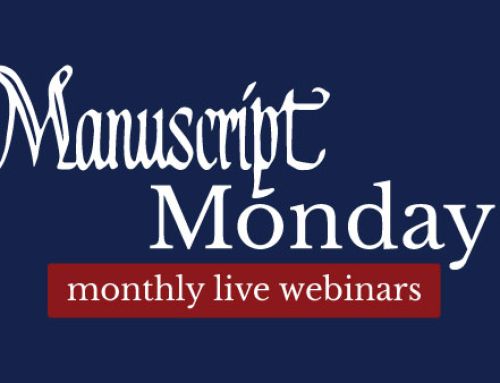Enslaved: Peoples of the Historic Slave Trade, launched at the end of 2020. Joining with seven smaller, searchable databases, Enslaved.org allows anyone from academic historians to amateur family genealogists to search for individual enslaved people around the globe. All in one location. Enslaved.org, “will revolutionize our access to the past lives and experiences of our enslaved ancestors more dramatically and more definitively than any other research project,” said Henry Louis Gates Jr. Dr. Gates is director of the Hutchins Center for African and African American Research at Harvard University. He is also a partner in the project.
Origin of Project
The origins of Enslaved.org can be traced to a collaboration between Walter Hawthorne and Gwendolyn Midlo Hall. Hawthorne is a historian of slavery at Michigan State and a principal investigator for this project. Hall is a historian of slavery in Louisiana. The site “opened” with information about 500,000 named enslaved people and their circumstances. Additionally records of slaves, ethnic groups, populations, and places continue to be added to the database.
The project might be valuable to family historians. All can access the research for free. A digital academic journal also launched with the website. It includes resources for family historians. Plus there is peer review for academic contributions. The team is exploring a partnership with FamilySearch, a free genealogy database run by the the Church of Jesus Christ of Latter-day Saints.
Quoting from the website, “As of December 2020, we have built a robust, open-source architecture to discover and explore nearly a half million people records and 5 million data points. From archival fragments and spreadsheet entries, we see the lives of the enslaved in richer detail. Yet there is much more work to do, and with the help of scholars, educators, and family historians, Enslaved.org will be rapidly expanding in 2021.”
For the entire article on this new database Click: Washington Post.




Leave A Comment